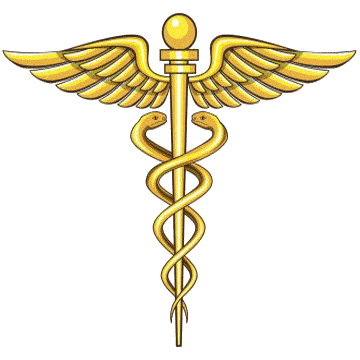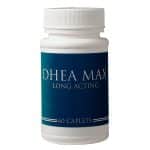DHEA levels tend to be low in HIV-infected individuals, and decline even further as the disease progresses. Some patients take DHEA in prescribed amounts to restore their normal levels. This can help them conserve their physical energy.
HIV-positive men with low DHEA levels have comparatively fewer CD4 cells in their blood and are 2.3 times more likely to develop the disease. HIV-positive men have an extremely high cortisol/DHEA ratio that correlates with their disease state.
Clinical studies
Several studies have shown that DHEA increases the level of IL-2, a chemical messenger that increases the production of CD4 cells (lymphocyte helper cells). DHEA also increases the ability of CD8 (killer cells) to destroy infected cells. DHEA helps normalize the immune system.
A recent study showed that DHEA can reduce depression in HIV-positive people with depression.
In a clinical study, taking DHEA improved brain function in HIV-positive people (men and women).
A study was done by the New York State Psychiatric Institute. The aim of this pilot study was to evaluate the effect of DHEA on depression and fatigue in HIV-positive men and women with abnormal DHEA deficiency. Other elements research the effects on libido, body cell mass, testosterone levels and the occurrence of any side effects. The study consisted of taking DHEA at 200-500 mg/day. The substances prescribed to treat mood disorders were maintained for an additional 4 weeks, then another 4 weeks with some of the subjects taking a placebo. Forty-five patients, including six women, were included in this study. Out of 32 subjects who completed the first 8 weeks, 72% saw their mood improve and 81% their state of fatigue. The response on these parameters was not related to the initial value of the level of DHEA present in the serum. Twenty-one patients completed the following double-blind, placebo-controlled study. There was no difference in the relapse rate between the placebo group and the DHEA-treated group with respect to mood or fatigue.
Body cell mass increased significantly after the eighth week of the test and this improvement was maintained throughout the double-blind phase for patients in both groups. Likewise, the libido increased significantly. DHEA treatment had no effect on CD4 cells or serum testosterone levels for male subjects. In conclusion, DHEA may be a promising treatment for HIV-positive patients with depressed mood and fatigue, although the persistence of response to treatment even in the group that took a placebo during the second phase of the study leaves questions unanswered.




